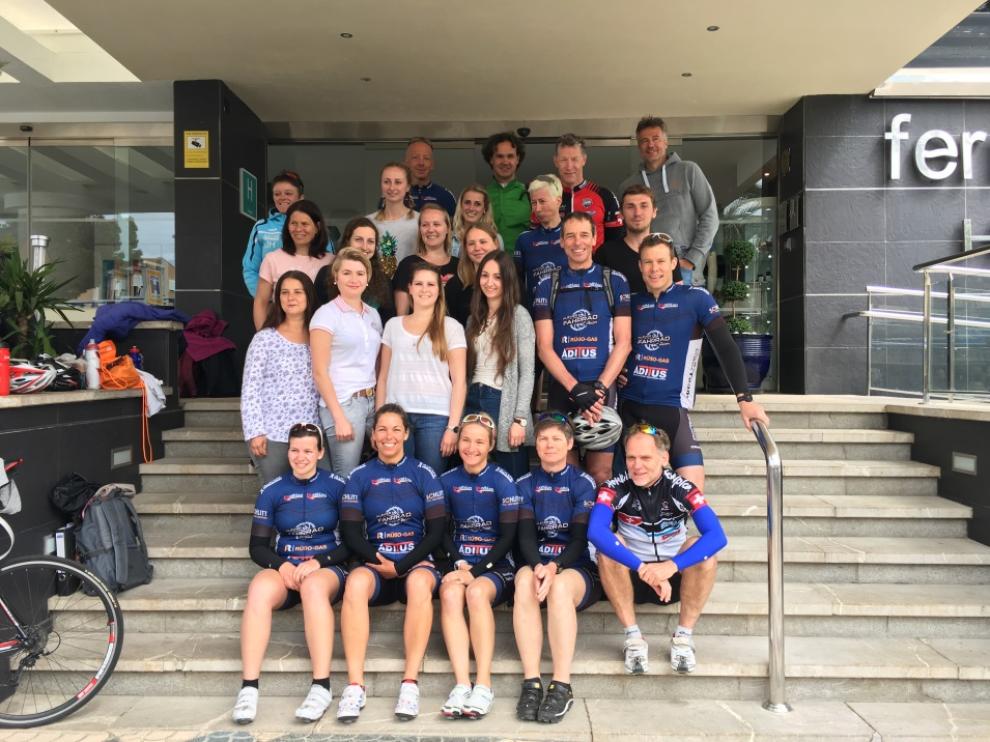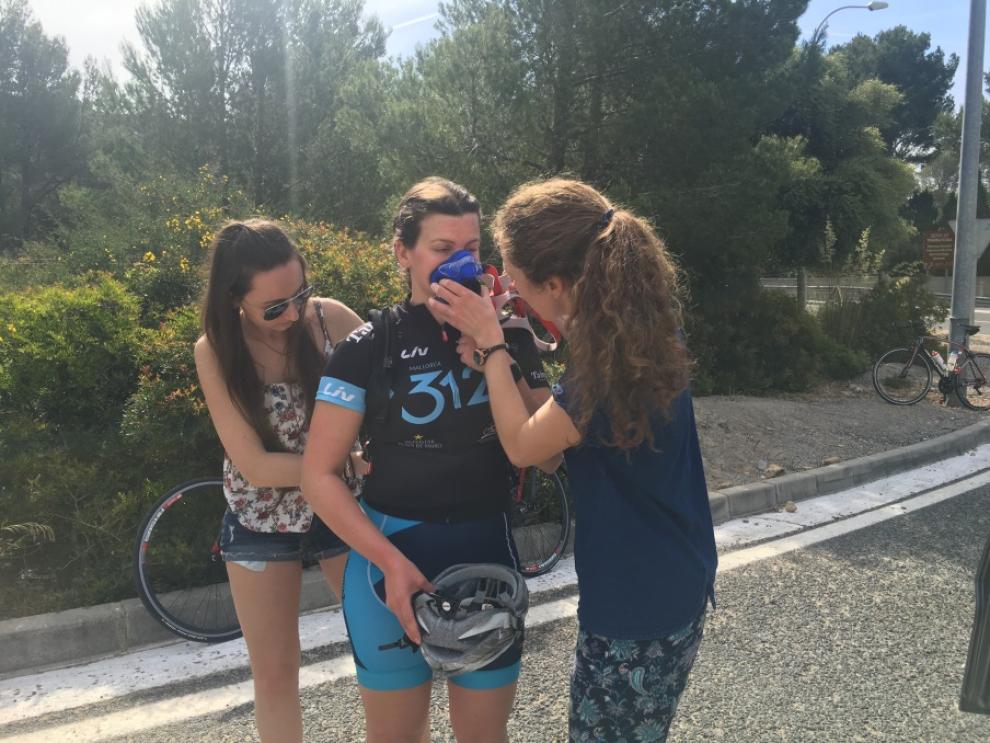Optimal energy supply in triathlon even with special diets?
Current trends such as vegetarian diets or nutrition according to the Paleo principle are also having an impact on popular and competitive sports. Students of the Master's program "Health Science and Management" at the Faculty of Life Sciences at Rhine-Waal University of Applied Sciences investigated the effects of these diets on triathletes at a training camp in Mallorca.
Anyone who does sports wants to stay healthy and perform well. Appropriate nutrition is a basic prerequisite for this. It should enable the athlete to reach their full performance potential in training and competition. In triathlon, for example, nutrition is referred to as the 4th discipline in addition to the three disciplines of swimming, cycling, and running. Current trends in special diets are communicated and practiced among athletes, especially triathletes. Athletes repeatedly ask themselves whether special diets lead to an increase or decrease in performance.
A group of students from Rhine-Waal University of Applied Sciences recently dedicated a research project to this question in cooperation with the Allround Triathlon Team Kleve, which was scientifically supervised by Prof. Dr. Robert Renner and Heike Holtappel from the Faculty of Life Sciences.
The research group investigated, from a sports medicine and sports science perspective, how well a diet according to the so-called Paleo principle or a vegetarian diet can be implemented in endurance sports and what influence both diets have on training effects. The Paleo principle consists of original, minimally processed animal and plant foods. In contrast, vegetarian diets, depending on their form, completely or partially avoid animal products. Another group of triathletes who ate a healthy mixed diet served as a control group.
In order to be able to assess the influence of the special diets on performance, the participants underwent performance diagnostics in the health laboratory of Rhine-Waal University of Applied Sciences before and after their training camp. During the training camp, the performance of the triathletes was regularly determined by the students. In addition to lactate and blood sugar measurements, spiroergometric examinations were also carried out.
For the students, accompanying the training camp meant problem-oriented learning with a very high practical relevance. The evaluation of the results showed that a short-term change to special diets is possible without any loss of performance. However, a change in body composition could be observed in all groups, which was most evident in the Paleo group. Likewise, the results indicate that a diet according to the Paleo principle leads to changes in energy supply, which could affect performance. The students therefore concluded that a longer study period would be useful to further substantiate the results.


